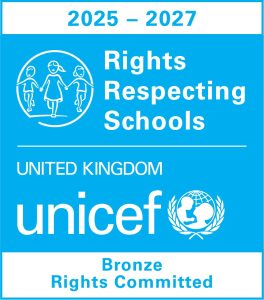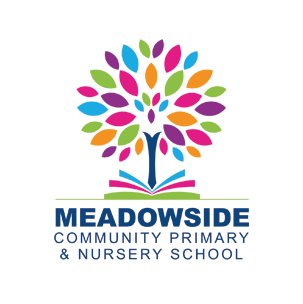What Are Children’s Rights?
Children’s rights are the things that every child needs to grow, learn, feel safe, and be happy.
They are protected by the United Nations Convention on the Rights of the Child (UNCRC), which is an agreement signed by most countries in the world.
Children’s rights include:
The right to learn and go to school
The right to good health and clean water
The right to play and relax
The right to be listened to
The right to have a name and identity
The right to not be discriminated against
The right to get help when needed
The right to express their ideas and opinions
These rights belong to every child, everywhere, no matter who they are, where they live, or what they believe.
Children’s rights are universal which means that they apply to everyone, everywhere all of the time.
Children’s rights are unconditional which means rights cannot be taken away and children do not to earn it.
What Does It Mean to Be a Rights Respecting School?
Being a Rights Respecting School means that our school is committed to putting children’s rights at the heart of everything it does.
A Rights Respecting School:
Teaches children about their rights
Pupils learn what their rights are and how to respect the rights of others.
Uses the language of rights in everyday school life
Children and adults talk about rights in lessons, on the playground, and in school decisions.
Listens to children’s voices
Pupils have opportunities to express their ideas, take part in decision-making, and help shape the school community—often through a School Council.
Creates a safe, respectful, and inclusive environment
Everyone is treated fairly, bullying is challenged, and every child is supported to achieve their best.
Promotes equality and respect
The school encourages kindness, understanding, and respect for all children and adults.
Works towards UNICEF’s Rights Respecting Award
Rights Respecting School Council Update
Our Bronze Rights Respecting Award
We are proud to share that our school has achieved the UNICEF Bronze Rights Respecting School Award. This means we are beginning our journey to place children’s rights at the heart of everything we do—our policies, our classrooms, and our community.
We are very excited to have achieved our bronze award of Unicef’s Rights Respecting Schools Award and are now working towards our silver award.
What Is the School Council’s Role?
Our School Council plays an important part in helping us become a fully Rights Respecting School.
Each class elects representatives who meet regularly to:
Share pupils’ ideas and opinions
Help make school improvements
Promote equality, fairness, and respect
Lead projects linked to wellbeing, learning, and community
Encourage everyone to have a voice in school life
The School Council ensures that pupils know their rights and that these rights are respected every day in school.
How Our School Council Links to Children’s Rights
Having a School Council directly supports several articles from the UN Convention on the Rights of the Child (UNCRC):
Article 12 – Right to be Heard
Children have the right to express their views in matters affecting them.
Our School Council provides a structured and respectful way for pupils to share their ideas and take part in decisions.
Article 28 – Right to Education
By discussing learning and school improvements, the School Council helps ensure that every child has a positive, supportive learning environment.
Article 29 – Goals of Education
The council helps promote respect, responsibility, and participation, supporting the development of confident, active citizens.
Article 15 – Freedom of Association
Pupils have the right to meet together and join groups.
The School Council is a safe space for pupils to collaborate, share perspectives, and work as a team.
What We Do to Promote Rights in School?

